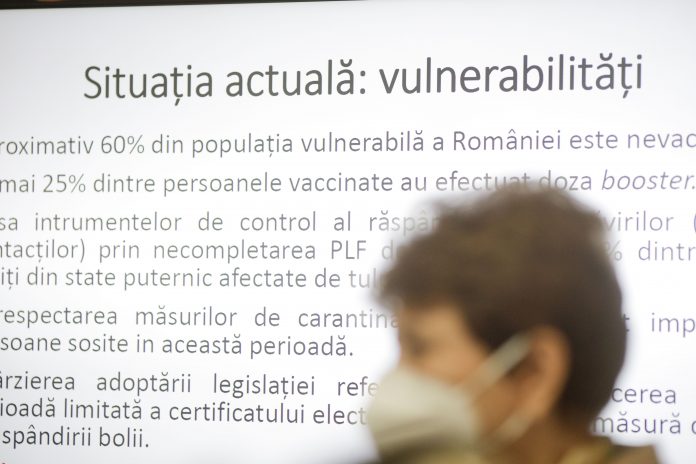Possible mammal-to-mammal infection poses a threat to wildlife and raises concerns about a new human pandemic.
The recent wipe-out of almost an entire southern elephant seal pup population at Peninsula Valdés in Argentina raises serious concerns, an animal welfare group said Wednesday.
Nearly all pups born in 2023 have been killed by avian influenza putting the seal population in the region under pressure, FOUR PAWS said. The mass mortality also raises serious concerns that the highly pathogenic H5N1 strain has mutated and now become transmissible between mammals, bringing the virus a step closer to sparking a new human pandemic.
Alarmed by these developments, FOUR PAWS on Wednesday called for international efforts on pandemic prevention to tackle the drivers of outbreaks: the intensification of farming.
“We are deeply saddened by the death of 17,400 southern elephant seal pups in Argentina. It is tragic to see so many animals fall victim to this virus, especially in an area that is brimming with wildlife,” says Luciana D’Abramo, Chief Development Officer at FOUR PAWS.
In the past, the avian flu has only been transmitted from birds to other species. The staggering mortality of seal pups, whose contact to birds is limited, suggests that transmission now occurs also between mammals.
“This mutation might lead to unprecedented consequences, posing a severe threat to animal and human health, bringing us one step closer to the next pandemic,” said D’Abramo. A fatal risk, given that the avian flu shows a 50 per cent mortality rate in humans, according to WHO data.
Factory farming as a hotbed for bird flu
“In spite of the devastating effects of avian influenza on animals and people and the threat of a new pandemic, there are no strategies in place to address the underlying problem that caused highly pathogenic avian influenza to spiral out of control: intensive farming. Factory farming is a hotbed for pandemics,” said Wendla Beyer, Policy Officer at FOUR PAWS.
Data suggests that the intensification of farming since 1940 has been linked to more than half of all zoonotic diseases in humans. The excessive number of animals in factory farms as well as the keeping conditions in spaces that are often crammed and unhygienic are a major contributor to the transmission, circulation and mutation of avian influenza viruses. Transitioning to smaller farms with higher animal welfare can lower disease risks, limit culling, animal suffering and financial loss for farmers.
Protecting animal and human health
FOUR PAWS stresses that the One Health approach is paramount for pandemic prevention, preparedness and response. According to a UN study, three out of four emerging infectious diseases are zoonotic, i.e. transmissible between animals and humans. “To protect animal and human health, we need to drastically reduce intensive animal farming. We need to reshape farming and reframe our understanding of health, recognizing that human, animal and environmental health are intrinsically interdependent. We cannot treat human health in isolation,” says Beyer.
Global action needed
FOUR PAWS strongly advocates for a focus on One Health in the international instrument for pandemic prevention, preparedness and response. “The world urgently needs effective global solutions addressing the root causes of the problem. The One Health approach should be strongly anchored in the Pandemic Treaty to avoid and mitigate future suffering,” concludes Beyer. The Pandemic Treaty is under negotiation until May 2024 World Health Assembly, leaving little time for Member States to redefine health and call for a balanced approach to pandemic prevention, preparedness and response.
Firecrackers pose danger to animals and environment, animal welfare group warns

















